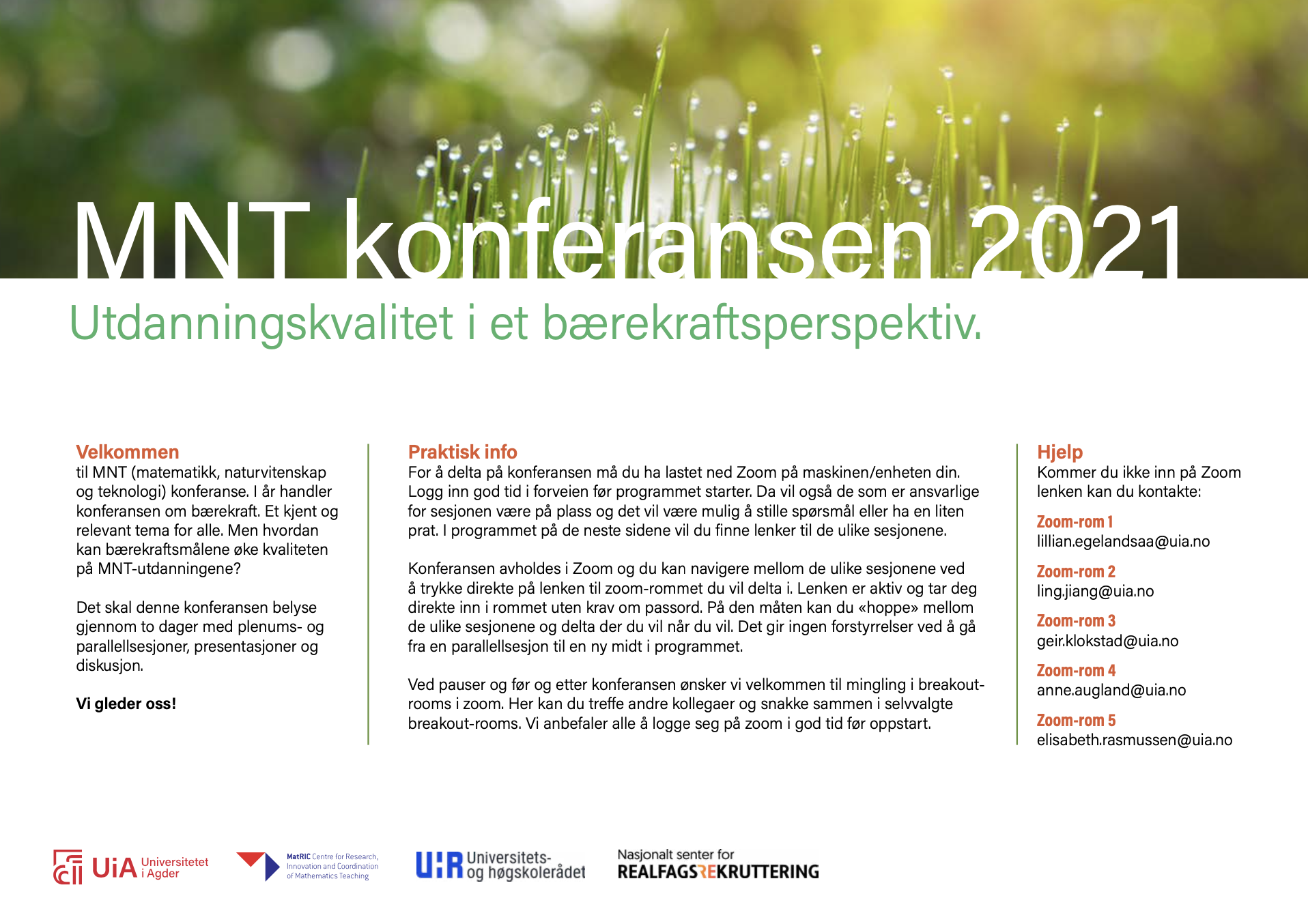Improving learning outcomes from the undergraduate chemistry laboratory
DOI:
https://doi.org/10.5324/njsteme.v5i1.3942Resumé
The paper describes how to improve and evaluate learning outcomes in writing and critical thinking in the laboratory courses in the Bachelor program in Chemistry at the University of Bergen. The suggested changes are based on research that show that these learning outcomes are improved when the students are involved in self-assessment, where they perform peer-review and are encouraged to reflect on their own learning experience. This process needs to be accompanied with systematic and frequent feedback. It is also crucial to establish formal collegial groups where one can maintain systematic discussion regarding teaching in the laboratory courses. Suggested changes, and how they can be evaluated, are described in detail for two of the five mandatory laboratory courses in the program.Downloads
Downloads
Publiceret
Citation/Eksport
Nummer
Sektion
Licens
Copyright (c) 2021 John Georg Seland, Inger Johanne Fjellanger, Kristine Spildo

Dette værk er under følgende licens Creative Commons Navngivelse (by).
The Nordic Journal of STEM Education licenses all content of the journal under a Creative Commons Attribution (CC-BY) licence. This means, among other things, that anyone is free to copy and distribute the content, as long as they give proper credit to the author(s) and the journal. For further information, see Creative Commons website for human readable or lawyer readable versions.
Authors who publish with this journal agree to the following terms:
1. Authors retain copyright and grant the journal right of first publication with the work simultaneously licensed under a Creative Commons Attribution License that allows others to share the work with an acknowledgement of the work's authorship and initial publication in this journal.
2. Authors are able to enter into separate, additional contractual arrangements for the non-exclusive distribution of the journal's published version of the work (e.g., post it to an institutional repository or publish it in a book), with an acknowledgement of its initial publication in this journal.
3. Authors are permitted and encouraged to post their work online (e.g., in institutional repositories or on their website) prior to and during the submission process, as it can lead to productive exchanges, as well as earlier and greater citation of published work (See The Effect of Open Access

